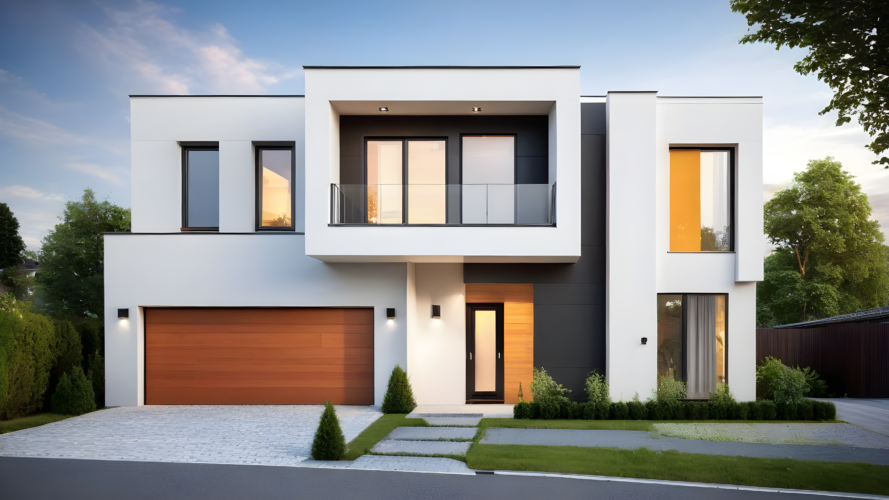North Carolina: Prefab Home Hub
- Growing Demand: North Carolina has seen a surge in interest for prefab homes due to affordability and customization.
- Diverse Landscape: From the mountains to the coast, prefab homes in NC adapt to various terrains and climates.
- Local Manufacturers: Numerous prefab home companies operate within North Carolina, catering to the specific needs of residents.
Planning and Designing in North Carolina
- Consulting Local Experts: Collaborate with architects and designers familiar with North Carolina’s building codes and terrain.
- Adapting to Climate: Design considerations include weatherproofing against hurricanes in coastal areas and insulation for mountainous regions.
- Zoning and Regulations: Familiarize yourself with North Carolina’s zoning laws and regulations for prefab home placement.
Manufacturing and Construction Process
- Local Manufacturing: Many prefab home components are manufactured within North Carolina, reducing transportation costs and supporting local industries.
- Quality Insulation: Given the diverse climate, insulation becomes crucial for energy efficiency. Options include spray foam, rigid foam, or insulated panels tailored for North Carolina’s weather conditions.
- Window Types: Double or triple-pane insulated windows are commonly used in NC to maximize energy efficiency and provide better insulation against heat and cold.
Site Preparation and Assembly in North Carolina
- Foundation Considerations: Depending on the region, foundations need to be engineered to suit the soil types prevalent in North Carolina.
- Transportation and Logistics: Navigating North Carolina‘s diverse terrain requires careful planning for module transportation to the site.
- Assembly and Finishing: Incorporating local aesthetics and materials during the assembly phase adds to the appeal of prefab homes in North Carolina.
Specifics in North Carolina: Insulation and Window Types
- Insulation Choices: In North Carolina, insulation with a higher R-value is recommended, especially in the mountains or during colder seasons. Spray foam insulation offers excellent sealing properties against humidity prevalent in coastal areas.
- Window Varieties: Low-E (low-emissivity) windows are popular in NC, helping to reduce heat gain in summers and retain heat in winters. Consider impact-resistant windows, particularly for coastal areas prone to storms.
Advantages for North Carolina Residents
- Hurricane Resistance: Coastal residents benefit from prefab homes designed to withstand hurricanes, offering safety and security during extreme weather events.
- Energy Efficiency: Tailored insulation and window types ensure energy-efficient homes, reducing utility costs in both hot summers and cold winters.
- Customization: Prefab homes in NC offer customization to reflect regional architectural styles, from mountain cabins to beachfront cottages.
Community Impact and Future Trends
- Community Development: Prefab homes support local economies and create job opportunities within North Carolina’s manufacturing sector.
- Sustainable Initiatives: With a focus on eco-friendly construction, prefab homes in NC integrate sustainable materials and energy-saving features.
- Rising Popularity: Anticipated growth in the prefab housing market in North Carolina indicates a shift towards more efficient and customizable housing options.
Conclusion: The Future of Prefab Homes in North Carolina
North Carolina’s embrace of prefab houses signifies a shift towards sustainable, efficient, and customizable housing solutions. With a focus on climate adaptation, quality insulation, and suitable window types, these homes cater to the diverse needs of residents across the state.
This comprehensive guide delves into the world of prefab houses in North Carolina, exploring everything from planning and design to the specific considerations of insulation and window types tailored for the unique landscapes and climates within the state.


